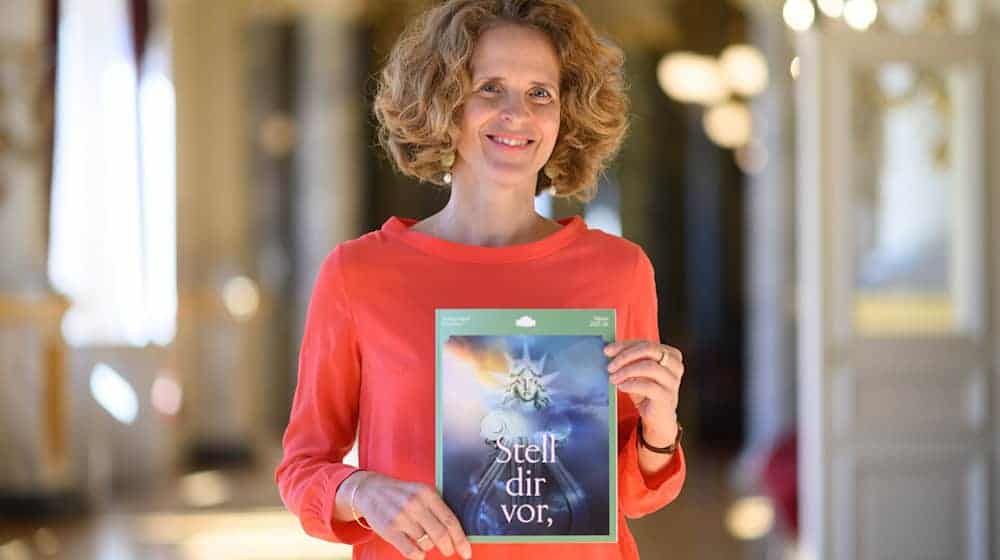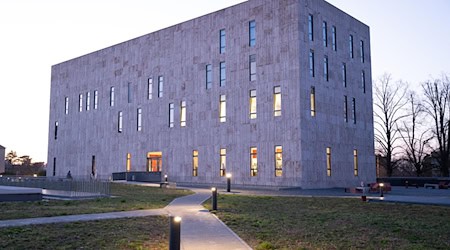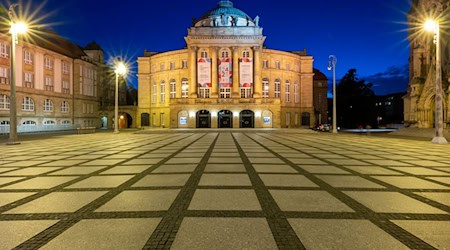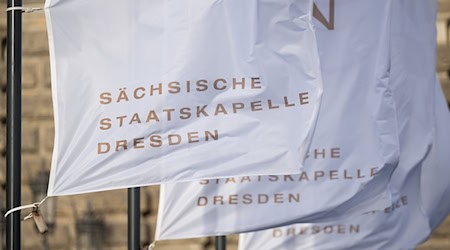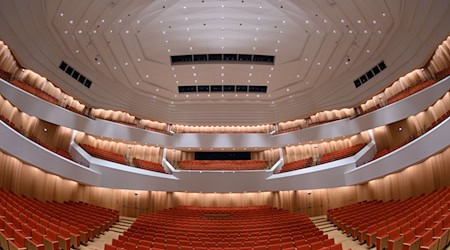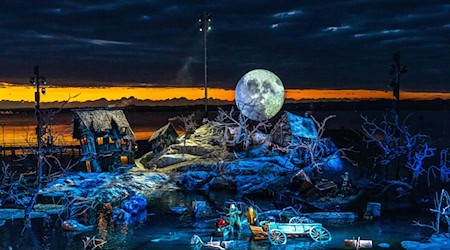In its second season under the direction of Nora Schmid, the Semperoper Dresden aims to score points with exciting productions. For her, the focus is on opera as a total work of art, said the artistic director in an interview with Deutsche Presse-Agentur. It's not just about relying on stars. "We also have top stars on stage, but we want to offer much more of a big picture that creates excitement."
"The most expensive casts are not automatically the best. I'm not someone who buys names. I'm always interested in creating exciting constellations," emphasized the artistic director. This is the lifeblood of working in an opera house. Some singers want to work with certain directors and come to Dresden for that reason too.
Semperoper doesn't just want to whet the appetite with light fare
Schmid didn't just serve music lovers light fare in her premiere season at the Saxon State Opera. After all, works such as Arrigo Boito's "Mefistofele", "The Love for Three Oranges" by Sergei Prokofiev, Maurice Ravel's "The Child and the Magic Haunting" or the opera "Innocence" by Kaija Saariaho are not often seen on stage. "Innocence" revolves around the consequences of a shooting spree and is in line with the Dresden artistic director's aim of tackling socially relevant topics.
"Our concept has worked, our audience has followed this path," emphasized Schmid with a view to the extremely good attendance rate of 94.2 percent. "The nice thing about a repertoire house like the Semperoper is that something like this can be embedded in a large whole, a lot of familiar things." Audiences in Dresden are very alert and curious, they look closely.
Audience offensive at the Semperoper successful
Schmid had launched a kind of audience offensive to bring artists and audiences into contact as often as possible. Right from the first performance of the season - Wagner's "Flying Dutchman" - she invited the audience to linger in the foyer afterwards. She said at the time that the aim was to get into conversation with the audience in a "relaxed, informal and natural way". A year later, she sees herself vindicated.
However, you can't rest on your laurels, you always have to make adjustments, said Schmid. She also attributes the fact that so many internationally successful singers remain loyal to the Semperoper to the atmosphere at the opera house. Stars of the opera world such as the Swedish soprano Camilla Nylund and the bass Georg Zeppenfeld used to be part of the Semperoper's permanent ensemble and still sing here regularly despite appearances all over the world.
Intendant wants a climate of respectful cooperation
"This is also a question of climate, of respectful cooperation. And it's a question of the tasks you're given and the constellations. Who am I on stage with and when? With whom can I best realize my own ideas," said Schmid. With the Sächsische Staatskapelle, she also has one of the best orchestras around, which always has "an ear to the stage".
Nora Schmid does not primarily see Dresden as a "springboard" for an international career. "That's not a nice term and doesn't really apply." Leaving the ensemble is not a departure, many remain connected to Dresden. "The fact that young artists are given space to develop here radiates out into the world. Christa Mayer once said that the Semperoper offers acoustics where a voice stays healthy."
Even Richard Wagner would have used AI
In Schmid's opinion, artificial intelligence will find its way into the administrative processes of the opera and, to a certain extent, into productions, but will never be able to replace the opera as a whole. "Of course, Richard Wagner would also have used AI. A curious person who draws from the abundance will try it out." However, the fascination of a live experience can probably never be reproduced with AI.
Copyright 2025, dpa (www.dpa.de). All rights reserved

